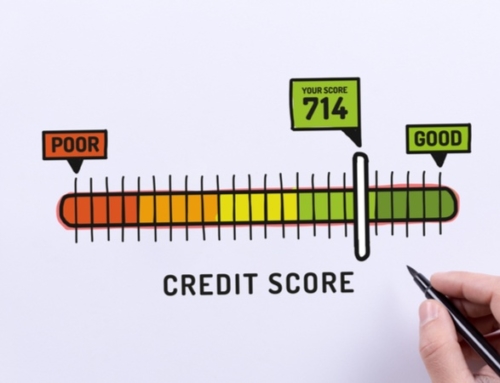Q: My husband and I have $20,000 in cash that we can use to fix our finances.
Currently we owe $13,000 on one car loan and $17,000 on another. Both loans carry a 6.9 percent interest rate. We have about $25,000 in student loans at about 5.5 percent, and we’ve already consolidated those. We also have one credit card with $6,500 worth of charges on it. Finally, we’re expecting our first child in December, and I don’t get paid maternity leave.
I wanted to pay something off – like one of our credit cards – and be able to put some money down on the principle of a car loan as well as have a surplus in savings for my maternity leave. Would it be worth putting money on the principle of a car loan and not paying it off? Or, should we leave the money in a money market account?
A: First, congratulations on your new addition to the family. The fact that you’re taking charge of your debt now bodes well for the financial future of your family.
It’s also good that you’ve been able to save so much cash. But with your level of debt, that cash will disappear quickly. Making a smart move now can help you make a bigger dent in the debt you owe.
You didn’t tell me how much interest you’re paying on your credit card debt, but I’m willing to bet it’s a higher interest rate than your other debts. So write a check today for the entire $6,500. From this point on, even with the baby’s expenses, do not charge anything you cannot pay off at the end of the month.
Until you have the baby, I’d keep the rest of the cash in a money market account until you see what you have left in the Spring. If you haven’t run through all of your cash at the end of your maternity leave, you should pay down your car loans.
Does it help to pay down your loans even if you don’t pay them off entirely? Of course. You shave time off the total loan length, which saves you money. Every dollar you pre-pay effectively earns you the rate of interest you pay. So if your car loan is 7 percent, you earn 7 percent on every dollar you pre-pay.
Oct. 19, 2004.






Leave A Comment